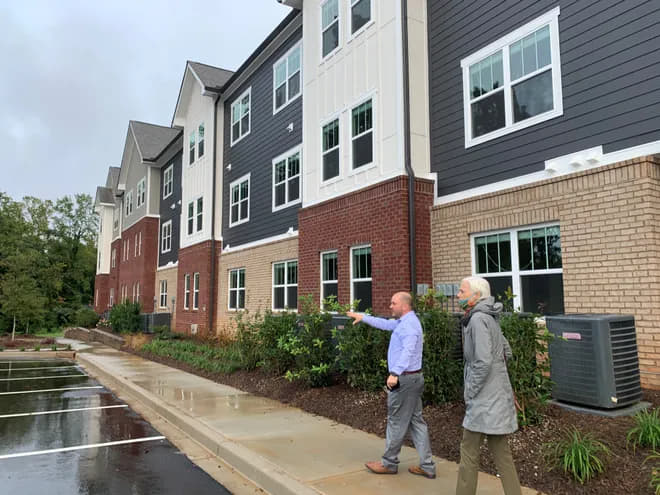Buying a house through a secured creditor transaction can seem complex, but by understanding the basic process it becomes more clear.
In this article, we will break down the key steps involved in buying a property when acting as a secured party creditor.
What is a Secured Party Creditor?
A secured party creditor refers to someone who holds a security interest, such as a lien, on a debtor's property to secure repayment of a debt. In this scenario, the secured party creditor extends funds to the property owner (debtor) with the property itself serving as collateral.
If the debtor defaults, the creditor can take possession of the collateral to recover the funds owed. This mechanism allows creditors to take on less risk by having a secured claim on valuable assets.
How Do You Establish a Security Interest?
To begin the process, the secured party creditor and debtor must agree upon formal debt terms through a contract.
This debt agreement outlines details like the loan amount, interest rate, and repayment schedule. The parties also draft a security agreement specifying the property being used as collateral and defining the rights and responsibilities of each party.
In some US states, a Uniform Commercial Code (UCC) filing records the creditor's interest in the collateral with relevant authorities.
Related: Can I Rent An Apartment With Collections?
What Property Inspection and Evaluation is Required?

Before extending funds, the secured party should thoroughly inspect the property and arrange an appraisal to determine its current market value. This ensures the property provides adequate collateral relative to the size of the loan. Any issues identified in the inspection can also be negotiated or repaired prior to closing.
How is the Purchase Agreement Negotiated?
With the security interest established, the creditor can negotiate purchase terms directly with the debtor. A formal purchase agreement between the parties will specify the sale price and any contingencies, such as required repairs. Both sides should seek legal counsel to ensure the agreement and transaction comply with all applicable real estate and secured credit laws.
What is Involved in the Closing Process?
Working with professionals like a realtor and attorney, standard closing tasks are completed including signing documentation, transferring ownership, and handling funds. A title search verifies the property is free of unexpected liens or claims from other parties with interest. All paperwork and title transfers must properly reference the underlying security agreement terms protecting the creditor.
What Happens if the Debtor Defaults?
If the debtor fails to make payments according to the debt agreement, the creditor's security interest allows them to take action. Following procedures in the security contract, the creditor may initiate foreclosure proceedings involving a court-ordered property sale. Foreclosure timelines and regulations depend on local statutes and the contract language agreed upon by both parties.
How is Final Title Transferred?
Once the original debt is paid off by the debtor or settled through foreclosure, title for the property transitions exclusively to the now former secured party creditor. All paperwork and county records must properly reflect the change in legal ownership following fulfillment of the security agreement terms.
Conclusion
In conclusion, purchasing a home using secured credit involves additional complexities compared to a typical buyer-seller transaction. Careful preparation including thorough legal and contractual agreements upfront helps protect both debtor and creditor rights. For the highest chance of a smooth transaction, securing professional guidance navigating real estate and secured financing laws is recommended every step of the way.





